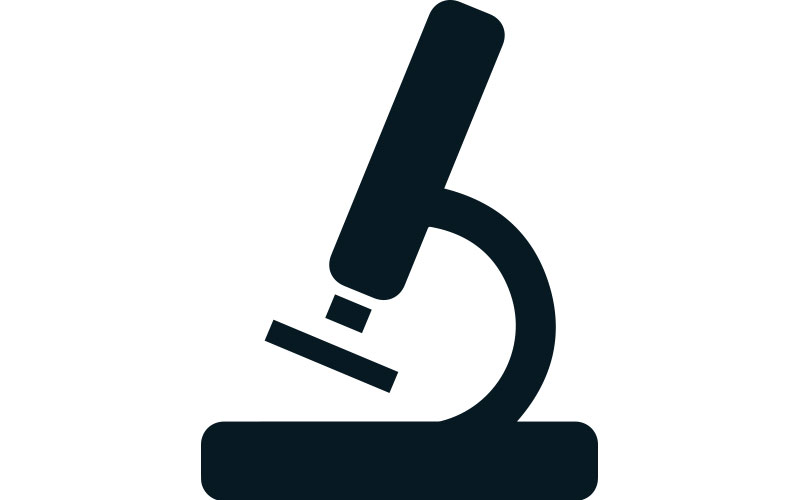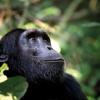This month: Conspiracy theories

OK, conspiracy theories… are we talking about whether the 1969 moon landing was faked?
No, we are not (and no, they were not, although as recently as 2019 polls were reported that showed as many as 6% of Americans still believe the Apollo 11 astronauts never landed on the moon).
So which conspiracy theories are we looking at?
Rather predictably, I’m afraid it’s COVID-19 conspiracy theories.
Why now?
They’ve been doing the rounds for quite some time. New work was presented at the European Congress of Psychiatry that looks at the link between COVID-19 conspiracy theories, depression and anxiety. Tell me about the study. The research group, from several Polish universities, recruited nearly 700 volunteers (585 female, 110 male, 5 other, average age 24.8) and asked them about their beliefs. They developed and validated a new way of measuring belief in COVID-19 conspiracy theories, the COVID-19 Conspiratorial Beliefs Scale.
What did they do next?
They used this, along with other questionnaires, such as the Generic Conspiracist Beliefs Scale and the Hospital Anxiety and Depression Scale, and analysed the data.
What did they find out?
Severity of anxiety can be increased in those who express a belief in conspiracy theories and there is a significant increase in the severity of depression symptoms. However, they are unable to say whether a belief in conspiracy theories causes more anxiety and depression, or whether people who are more anxious and depressed are more attracted to these theories.
Where can I read more?
You can read a paper about the project by visiting bit.ly/3MshUqp




